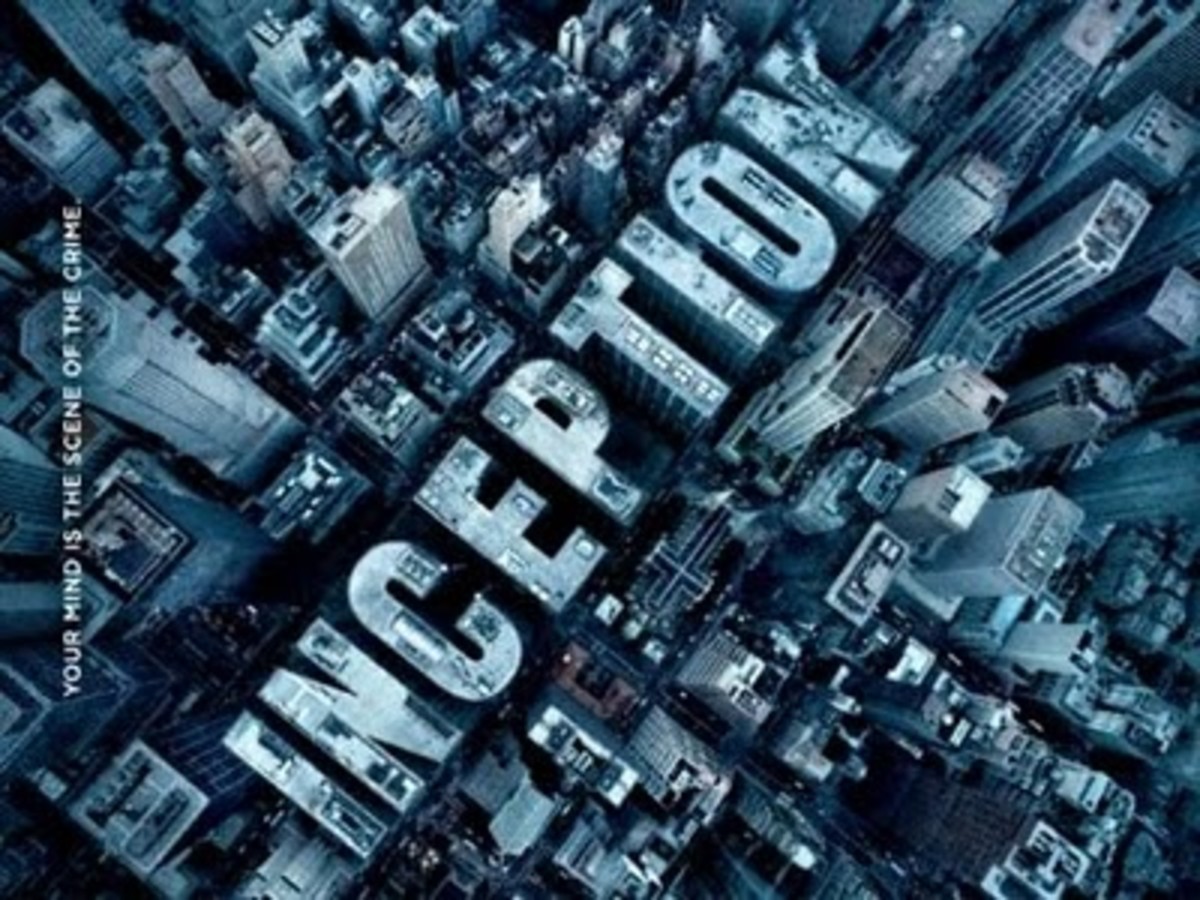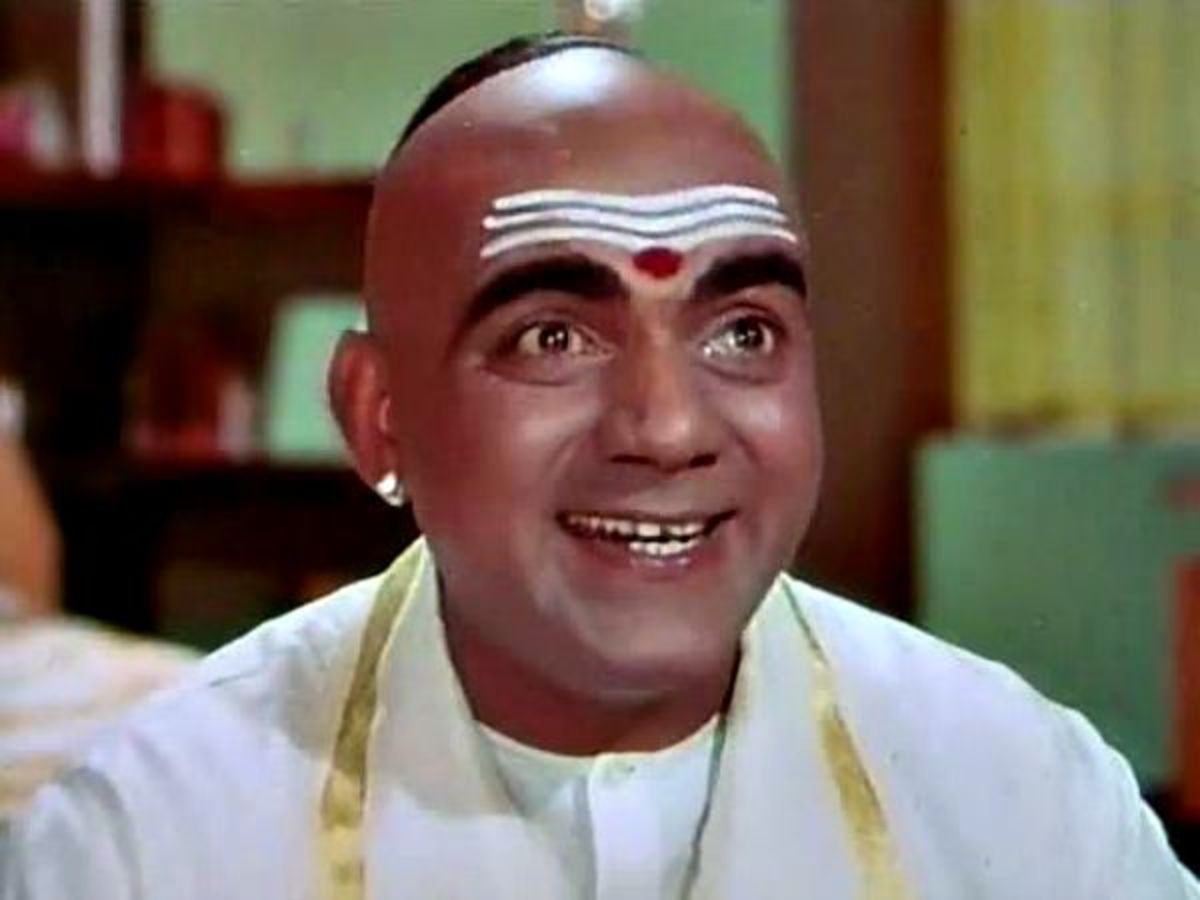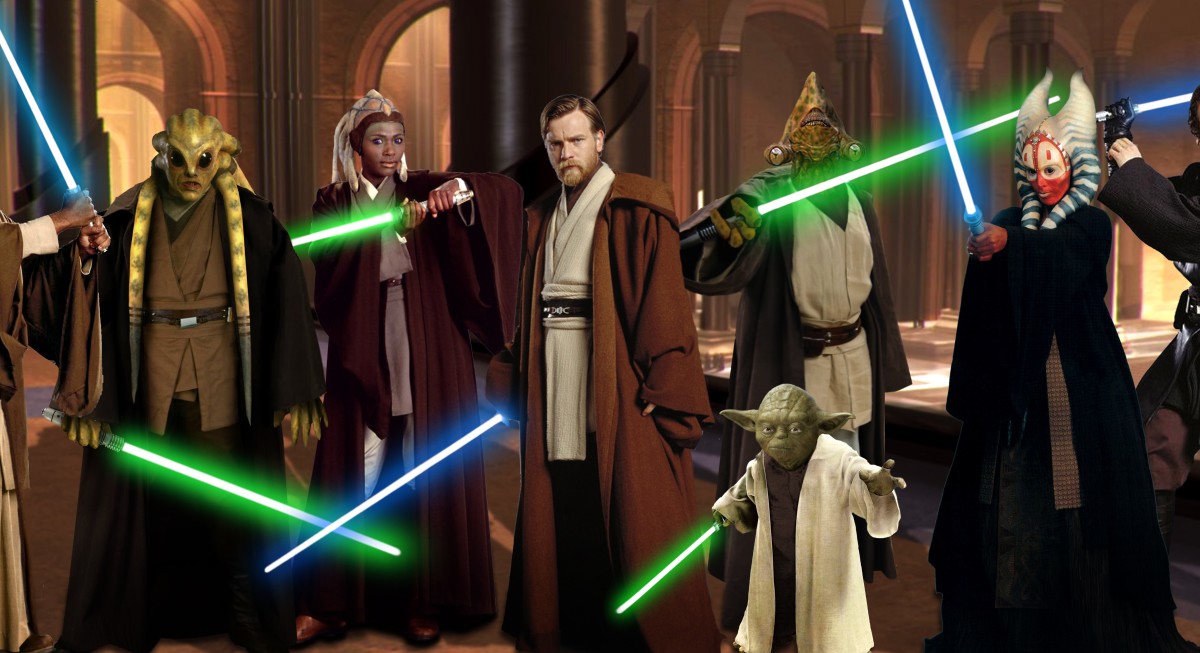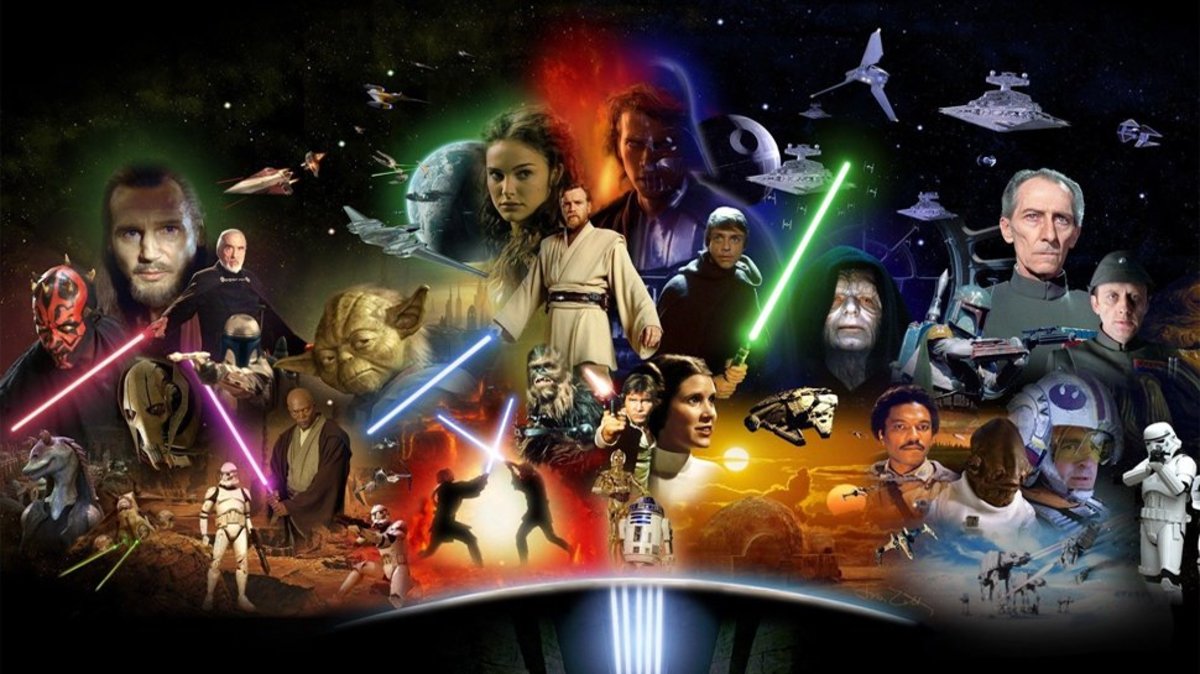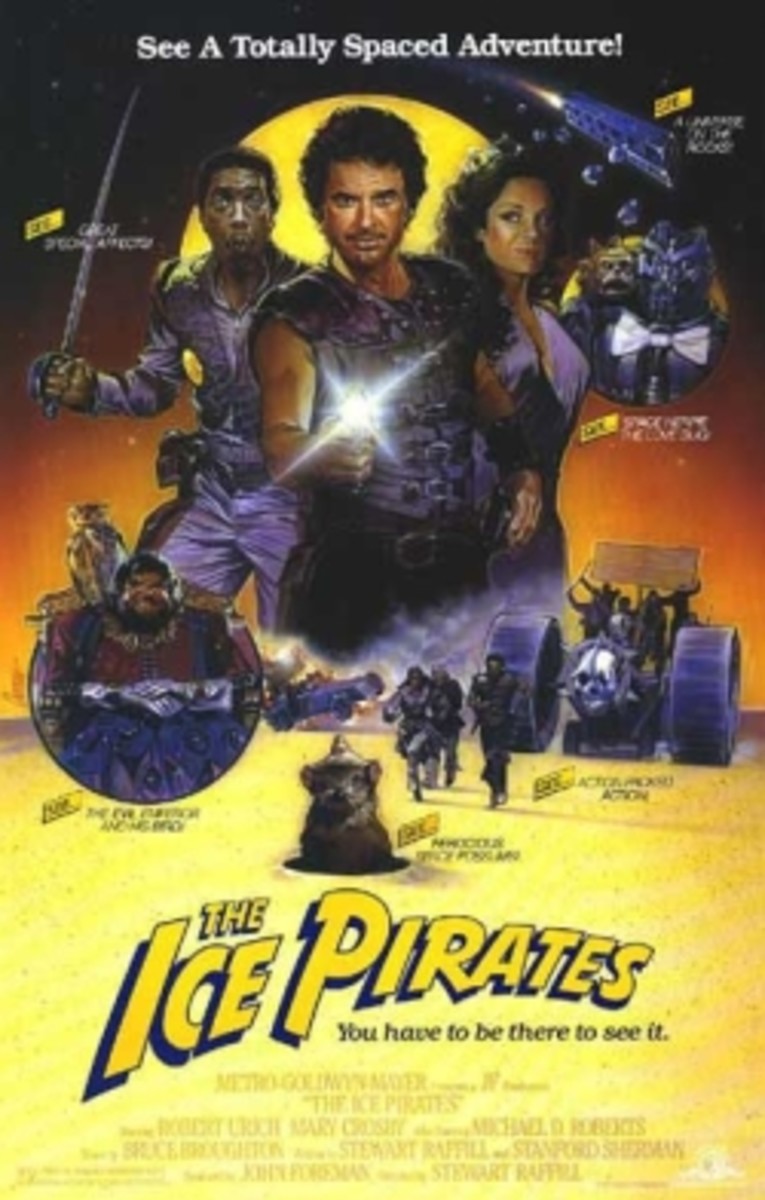- HubPages»
- Entertainment and Media»
- Movies & Movie Reviews»
- Science Fiction & Fantasy Films
Watch Inception not The Matrix
Watch This...
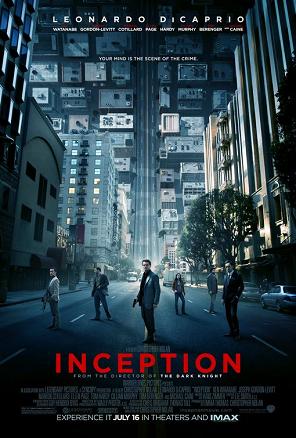
Inception
Christopher Nolan's success with Batman Begins, The Dark Knight, and The Prestige attests to his skill as a director but Inception is by far his crowning achievement. The film imagines a world in the not-too-distant future where technology has advanced enough to allow people to enter one another's dreams. Or, at least, I think it takes place in a future where this is possible. Leaving the film, it is impossible not to question how much we saw was "real" and how much was a dream.
The film stars Leonardo DiCaprio as Cobb, a former "dream architect," suspected of murdering his wife. With no legal opportunities to ply his trade, Cobb is forced to sell his skills as a "dream thief" to the highest bidder as a high-class corporate spy. WA shady business-man called Saito (played by Ken Watanabe) offers Cobb the chance to return home free of the murder charges if he pulls off one last job. The job is harder than usual however. Normally, Cobb just takes information out of his target's mind. Now, Saito wants him to put an idea in. For obvious reasons, it is extremely difficult to give someone an idea without letting them know you gave it to them but Cobb claims to have done it once before. The movie hinges not only on whether or not this claim is true but also on the circumstances surrounding Cobb's first inception.
The visual effects are stunning. Within the dreams in the film, skyscrapers hang upside-down, cityscapes warp and fold like bed-sheets, and impossible architectural feats like endless staircases abound. These effects truly make watching the film like having a dream but by far the greatest strength of the film is its power to make us question reality and even consider, as Cobb once did, whether illusion is preferable to reality.
The danger of lucid dreams is that the person experiencing them can eventually confuse dreams with reality, or so I read,. This phenomenon is what Christopher Nolan brings to his audience. The "dreams" in the movie are so "realistic" that until something bizarre happens (like a steam engine crashing down a crowded street) while the "real world" is quite strange. As one character reminds Cobb late in the film, his life of being chased by "anonymous police and corporations" is unlikely in the extreme. How can we really know how much of what we are watching is "real" and how much is a "dream"? Perhaps the whole film is merely a distorted dream of Cobb's as some have suggested the final scenes of Taxi Driver are for Travis Bickle, the feeble attempt of a disturbed mind to make sense out of his horrific existence.
Not that...
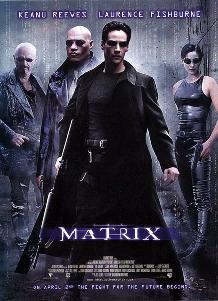
The Matrix
I wonder if Christopher Nolan saw The Matrix in theaters and walked out thinking "I could do better than that." Inception certainly follows up on themes begun in The Matrix, most notably the idea that reality as we experience it may be no more than an illusion. Both films also explore the choice we face, to indulge in those illusions or take part in the "real world" (if one exists). However, The Matrix ultimately fails to properly develop these themes, which are better formed in films like Dark City and Inception, opting instead for a lot of special effects-laden shootouts and fistfights.
The Matrix follows the discontented computer expert Neo (Keanu Reeves) as he discovers the world as he knows it is merely a computer program created by machines that are keeping humans in a catatonic state to feed off their energy. He soon joins a band of freedom fighters led by a mysterious man called Morpheus (Laurence Fishburne) and eventually decides to aid them in their fight against the sinister machines imprisoning mankind.
While The Matrix questions our perception of reality, it fails to truly touch the viewer and is not nearly bold enough in presenting its ideas after the opening act and settles into the role of a typical action movie. The illusion (the titular "matrix") which according to the film, most humans inhabit, is far too obvious to the viewer. Whenever characters are shown in "the matrix," the scenes are shot with a green filter. According to imdb., the Wachowski brothers did this to present the scenes as though they were being viewed through a computer. They were wrong to do this. The scenes in "the matrix" are too obviously "unreal." Rather than create a tension between illusion and reality, the film shatters it. From the opening scene, it is perfectly obvious that something is wrong with the world as Neo knows it. Any first year film student (and for that matter any student who like myself who has only taken one class on film-making) can tell you that green is used in film to create a sense of unease or fear and lend a sinister aspect to what might otherwise seem normal. This technique makes "the matrix" seem positively unattractive and makes the viewer unable to appreciate the choice Neo has to make. To the viewer, it is perfectly obvious what is "real" and what is not (and why the illusion is inherently bad). The simplicity of this approach ruins any chances The Matrix had of making its point clear.
The film also fails to push its ideas far enough. The radical suggestion, that the world as we know it may be an illusion, is an intriguing one and the Wachowski brothers should have been more confident in pursuing it. Once Neo realizes the world he knew was a "matrix," the film abandons the concept however, instead focusing on the issue of Neo's choice: to indulge in the illusion or to fight evil and save human kind. The movie just accepts its own totally bizarre thesis as perfectly reasonable and moves on to the next step rather than turn its theories back on itself as Inception does. Instead of actually pushing the audience to question everything, the film settles back comfortably into a passe action flick/morality play in the worst sense. The film's later focus on the idea of "mind over matter" and belief in the "unreality of reality" (as F. Scott Fitzgerald put it) has already been tackled by better films.A far better question the film could have asked but did not is: How can Neo know that the "reality" he has just discovered is true? Could it not also be an elaborate illusion, perhaps crafted by the machines to root out those who could pose a threat to it (much as Big Brother does in Orwell's 1984)?
Inception is a better film than by far because it does not allow its audience to rest. Merely because the characters think they are in "real life" or because the film presents the scenes as taking place in "the real world," Nolan will not allow his audience to assume what they are watching is "real." The Matrix takes a far less nuanced approach, suggesting that once we "wake up" we can be sure we are awake. Inception never lets us become that comfortable. We could wake up to yet another dream. or as Poe would have it, "a dream within a dream."
Your Voice
Which Movie Do You Prefer?
On last thing...
An issue that has bothered me ever since I watched The Matrix is its lack of feeling toward the humans trapped in "the matrix." While films like Bladerunner and Dark City show real compassion for the victims of the dystopian societies they present, The Matrix seems to favor spectacle and action above touching its audience emotionally. The dozens of security guards and police that Neo and his associates gun down in the film's final scenes are just so much collateral damage in the war against "the matrix." Rather than actually consider these are just unfortunate humans trapped by a system they did not create, fully possessed with the belief they are doing their job of protecting their fellow man from terrorists, the film treats them as an opportunity to show just how many people Keanu Reeves can shoot at one time. Am I being too hard on an action film in asking it to show compassion for its characters? Perhaps I am, but the film could certainly have addressed the issue rather than ignored it. This ignorance keeps The Matrix from rising above its "action movie" status.

